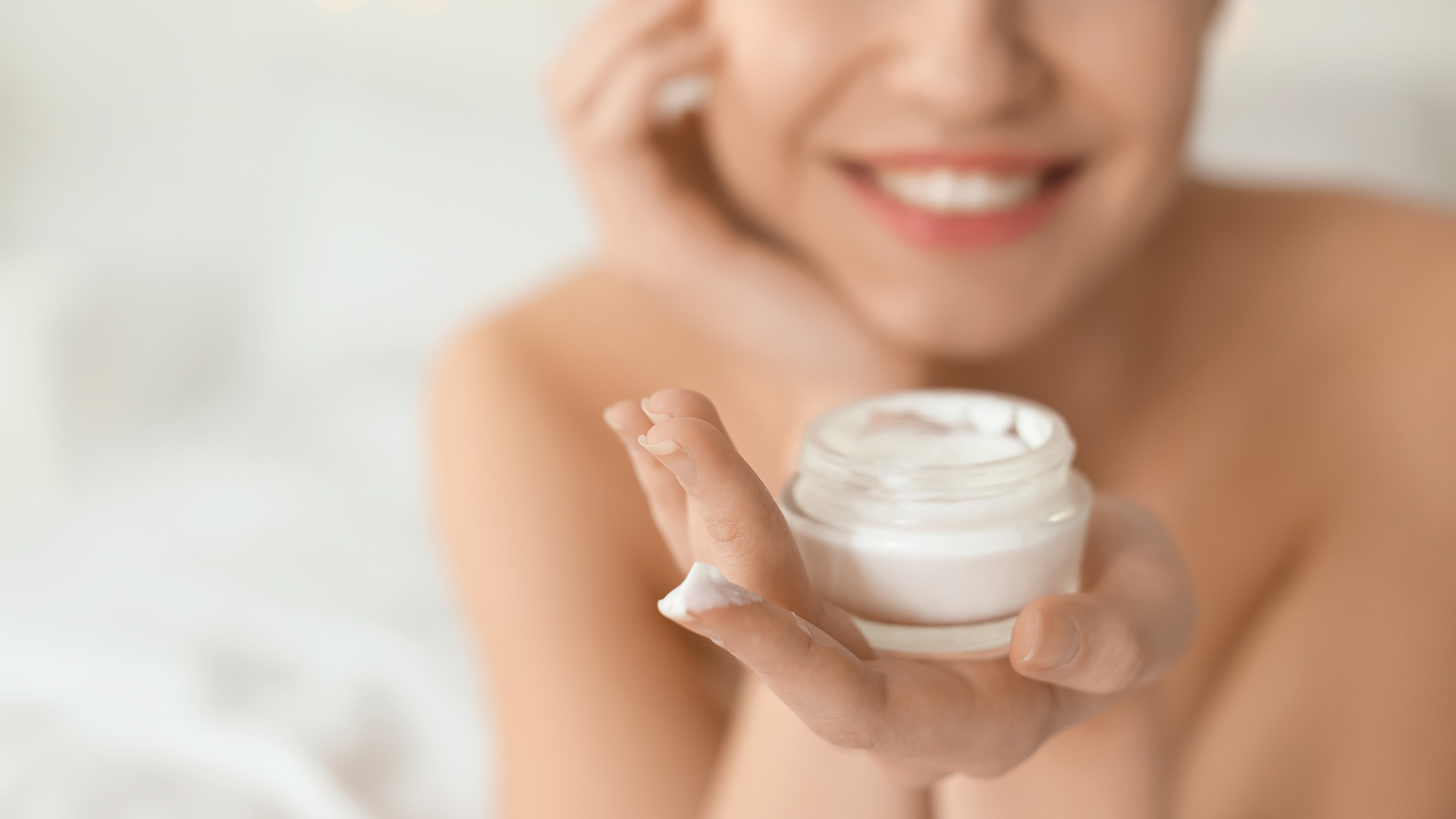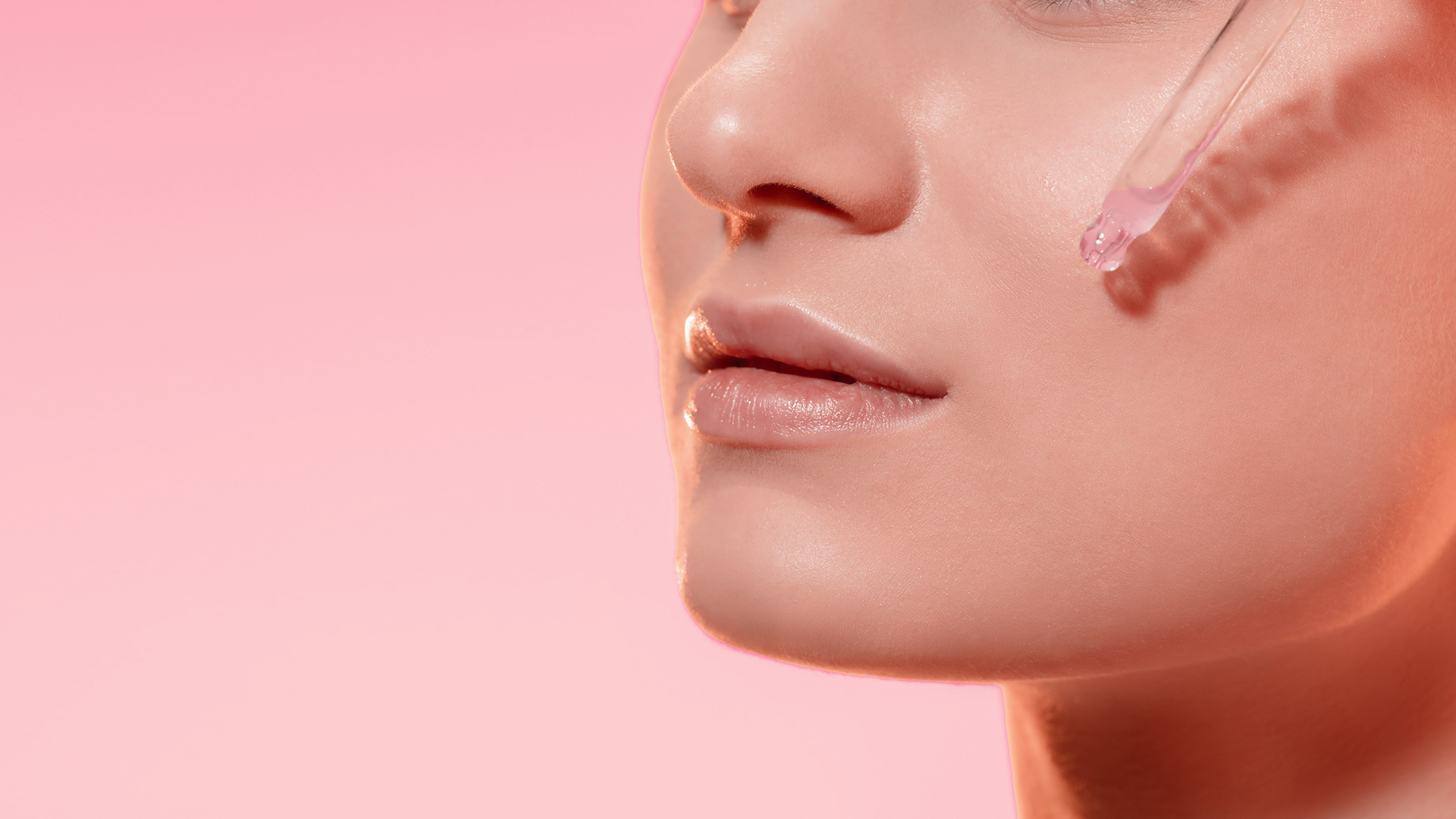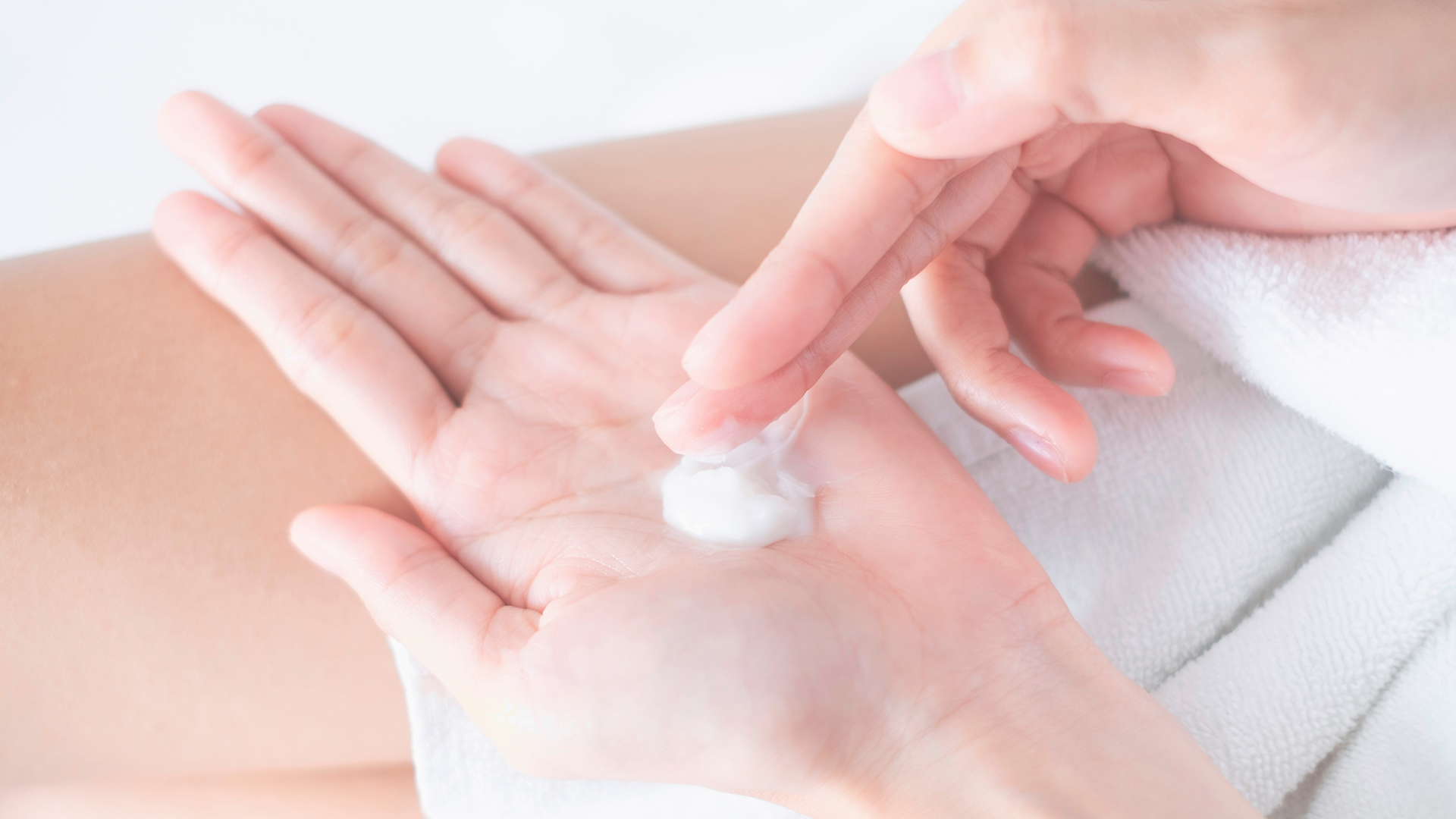Skincare
Our cosmetic tests to ensure quality and innovation
 In recent years, skincare has gained significant importance in our society and culture. Skincare is no longer seen solely as a beauty routine, but as an essential practice for overall skin health: a moment of self-care and relaxation, integrated into daily life.
In recent years, skincare has gained significant importance in our society and culture. Skincare is no longer seen solely as a beauty routine, but as an essential practice for overall skin health: a moment of self-care and relaxation, integrated into daily life.
Skincare practices encompass a wide range of products designed to keep the skin healthy, hydrated, and protected: cleansers, toners, serums, moisturizers, exfoliants, masks, and sunscreens.
Each of these has its own specific functions and benefits, as well as characteristics that require careful attention. For these reasons, during the production phase, it is crucial to carry out appropriate cosmetic testing to validate the product and assess its compliance with current regulations.
The potential risks of skincare products
Although skincare products are formulated to improve the health and appearance of the skin, they may present various potential risks if not properly tested. Specifically, when assessing risks, it is important to consider four main types:
Allergic reactions
Many skincare products contain various ingredients, some of which can trigger allergic reactions in susceptible individuals. These include fragrances, preservatives, and colorants, which are often found in skincare products and can cause allergies. It is crucial for consumers to be aware of these components and to choose products suitable for their skin to minimize the risk of allergic reactions.
Skin irritation
In daily skincare routines, using products that are not suitable for one’s skin type or that are formulated with harsh ingredients can cause skin irritation, with symptoms ranging from redness and itching to burning and flaking. For this reason, it is essential that consumers make informed choices about which products to use based on their formulation, to prevent unwanted reactions and maintain healthy skin.
Toxicity
Some ingredients, even in small amounts, can be toxic if absorbed by the skin. Ingredients such as certain types of parabens, phthalates, and heavy metals, when used excessively or improperly combined, can have long-term harmful effects on human health. For this reason, it is essential to analyze skincare products to ensure that these elements are either within established limits or entirely absent.
Microbial contamination
Skincare products can become contaminated with bacteria and fungi, especially if stored improperly or exposed to unsanitary conditions. These situations can lead to contaminated products causing skin infections and other dermatological problems. It is essential that products are tested for microbial contamination and that good manufacturing practices (GMP) are followed.
Cosmetic testing: which regulations to comply with?
 As highlighted, skincare products pose a potential health risk to consumers, as they come into direct contact with the body’s largest organ. The responsibility for the safety of skincare products rests primarily with the manufacturer.
As highlighted, skincare products pose a potential health risk to consumers, as they come into direct contact with the body’s largest organ. The responsibility for the safety of skincare products rests primarily with the manufacturer.
For this reason, their placement on the market is subject to strict quality and safety regulations, ensuring that products are safe to use, do not contain harmful ingredients, and are effective as claimed.
Among the regulations that manufacturers must comply with is Regulation (EC) No. 1223/2009 on cosmetic products in the European Union, which imposes strict requirements for safety assessment, notifications, and technical documentation.
Skincare safety: what regulation no. 1223/2009 requires
European Union Regulation (EC) No. 1223/2009 requires cosmetic manufacturers, including skincare products, to conduct a comprehensive safety assessment for each product, taking into account three main aspects: the chemical composition, the manufacturing process, and the intended use of the product. Companies are also required to maintain detailed technical documentation for each product, including the Product Information File (PIF) and the Cosmetic Product Safety Report (CPSR). The PIF must contain information on every characteristic and element of the product, from the formula to safety and stability studies, while the CPSR must include a safety assessment of the product, carried out by a qualified expert and based on an in-depth analysis of the ingredients and their interactions. The regulation also establishes a notification requirement for new products placed on the market. Cosmetic product manufacturers must register their products in the Cosmetic Products Notification Portal (CPNP) before commercialization, in order to ensure that only safe and compliant products can be sold in the EU, protecting consumers and maintaining high quality standards in the cosmetics sector.
Companies are also required to maintain detailed technical documentation for each product, including the Product Information File (PIF) and the Cosmetic Product Safety Report (CPSR). The PIF must contain information on every characteristic and element of the product, from the formula to safety and stability studies, while the CPSR must include a safety assessment of the product, carried out by a qualified expert and based on an in-depth analysis of the ingredients and their interactions. The regulation also establishes a notification requirement for new products placed on the market. Cosmetic product manufacturers must register their products in the Cosmetic Products Notification Portal (CPNP) before commercialization, in order to ensure that only safe and compliant products can be sold in the EU, protecting consumers and maintaining high quality standards in the cosmetics sector.
Other regulations for skincare product safety
In addition to Regulation (EC) No. 1223/2009, companies are required to comply with Directive 2007/53/EC, which regulates the use and marketing of biocidal products in the European Union, including those used for skin disinfection. Specifically, the directive mandates that biocidal products undergo rigorous safety and efficacy evaluations to ensure that they are safe for consumers and do not harm the environment, in accordance with specific regulations.
Furthermore, cosmetic manufacturers must adhere to the UNI EN ISO 22716 standards, which define the requirements for Good Manufacturing Practices (GMP) for cosmetic products. These guidelines cover the production, control, storage, and shipment of cosmetic products, with the aim of ensuring the highest quality and safety of the final product. The GMP requirements address various aspects of the manufacturing process, including hygiene, staff training, equipment, material management, documentation, and quality control. Implementing the applicable European standards helps companies not only comply with international requirements but also enhance consumer trust.
Lifeanalytics for skincare product safety and analysis
At Lifeanalytics Cosmetic & Medical Device, we provide the best support to companies in conducting cosmetic testing and staying up to date with regulations through microbiological, chemical, and toxicological tests on products. Additionally, we offer consulting on Good Manufacturing Practices (GMP) and compliance audits, ensuring that skincare products are not only safe but also of high quality.
Skin compatibility testing
Skin compatibility tests evaluate the potential irritation or allergenicity of the product on the skin, ensuring its safety for daily use and suitability for various skin types, including delicate and sensitive skin. These tests assess how the product interacts with the skin, with the goal of preventing and avoiding adverse reactions such as redness, itching, or allergies.
Efficacy testing
Our efficacy tests at Lifeanalytics measure the product’s ability to achieve the promised results, such as hydration, wrinkle reduction, or improved skin radiance. These tests are essential to substantiate marketing claims and ensure consumer satisfaction. Through scientific methods, the efficacy of the product is evaluated under controlled conditions, allowing companies to demonstrate with concrete data that the product works as claimed. This helps to enhance brand credibility by ensuring that products deliver real benefits and foster trust with consumers.
Toxicity testing
Our toxicity tests verify the safety of skincare products for human health, ensuring that harmful substances that could cause long-term damage are not present. These tests include the assessment of acute toxicity, which measures the immediate effects of exposure to a substance, and chronic toxicity, which analyzes the effects of prolonged or repeated exposure. The evaluation includes various methods, such as in vitro and in vivo tests, to ensure that the product is safe for daily and prolonged use and that skincare products comply with applicable regulations.
Physico-chemical analyses for skincare
Our physico-chemical analyses focus on controlling the quality and composition of skincare products, ensuring that the ingredients comply with the specifications declared by the manufacturer and that the final product is stable and safe for daily consumer use throughout its shelf life. The tests included in these analyses encompass ingredient purity testing, product stability under a wide range of environmental conditions, and the identification of any contaminants. In this way, companies can assure consumers and institutions that their products not only meet current regulations but also offer the highest standards of quality and safety, thereby strengthening brand trust and credibility.
Skincare product safety: some information for the consumer
While it is true that the responsibility for the safety of skincare products lies primarily with the manufacturer, consumers also need to adopt informed behaviors and practices. Specifically, consumers are advised to carefully read the product label before purchasing and using it, and, in case of doubts or adverse reactions, to consult a specialized dermatologist. Additionally, consumers are encouraged to take some precautions to reduce the risks associated with the use of skincare products:
- Choose products suitable for their skin type;
- Read labels and ingredients carefully;
- Avoid using products with unfamiliar or questionable ingredients;
- Avoid products with strong fragrances or artificial colorants;
- Do not use expired or improperly stored products;
- Apply products only on healthy, intact skin;
- If adverse reactions occur, discontinue use and consult a dermatologist.
Lifeanalytics Cosmetic & MD: discover our services
At Lifeanalytics Cosmetic & MD, we help cosmetic companies develop effective and safe skincare products. Thanks to the wide range of tests we offer, we guarantee the highest levels of quality and performance, providing detailed and scientific evaluations of products along with ongoing support in regulatory updates.
Our services go beyond skincare products: at Lifeanalytics Cosmetic & MD, we also work with a wide variety of products, offering support through the most advanced instruments and methodologies.
Would you like to have a customized consultation?
Do not hesitate to contact our consultants.
REQUEST A PERSONALIZED CONSULTANCY